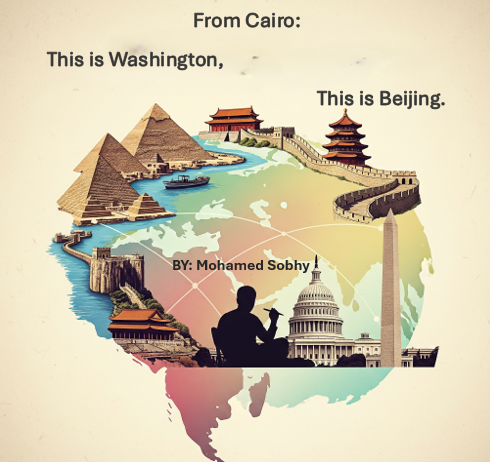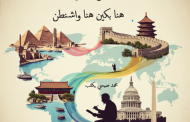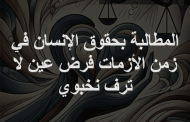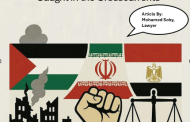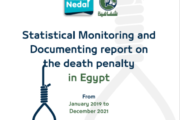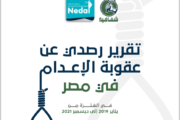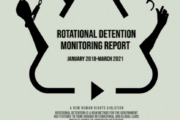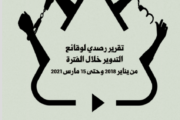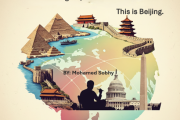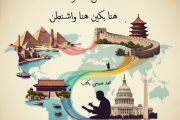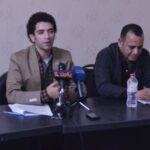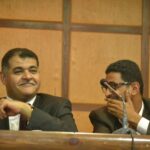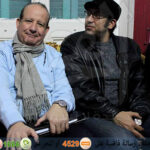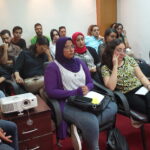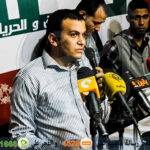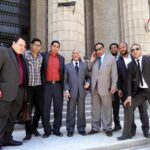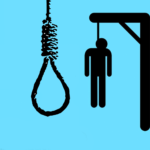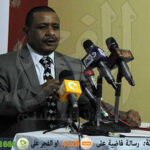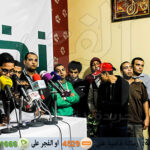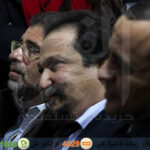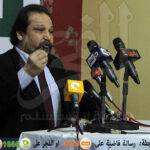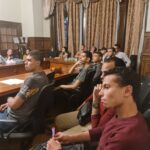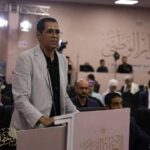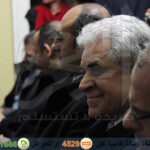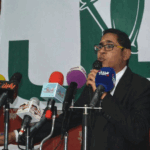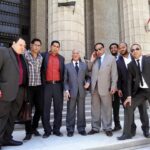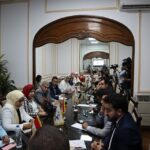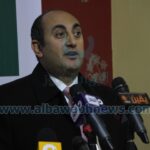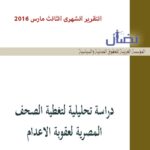From Cairo… This is Beijing
From Cairo… This is Washington
By: Mohamed Sobhy
Egypt Caught in the Fire of Values and Political Models
In a world heading toward open conflict between major powers, with multiple poles declaring the end of the era of a unipolar world.
Cairo is no longer merely the capital of a regional state. It has become an arena where the influence of Washington and Beijing intersects, and where the Western liberal state model clashes with the Eastern authoritarian model.
Between the desire for development, the longing for stability, and the fear of freedom, Egypt stands at a crossroads: Where is it headed? Who inspires its political and cultural decisions? Who wins the hearts of the state and the minds of the citizens?
“Here is Beijing”: The Dream of Development Without Freedom
China presents itself as a great success story: a disciplined, developmental state; constantly on the rise. This model resonates in Cairo through:
Official rhetoric that glorifies achievement at the expense of rights.
Media admiration for infrastructure and high-speed trains.
Justifying authoritarianism as a necessity for economic recovery.
With growing aversion to Western pressure—in the eyes of some elites, particularly those openly on the right of power or those playing the role of the tame opposition—China appears to be a “non-interference” partner, one that doesn’t question freedoms but provides loans and technology.
“Here’s Washington”: The West, in retreat but always present despite its double standards
Despite everything, the West remains a powerful presence:
The United States and the European Union remain major economic and military partners.
The international institutions that pump money into the Egyptian economy are mostly Western-oriented.
Western ideas, from freedom of expression to democracy, still find a following, especially among youth and civil society.
However, many feel let down by the West, either because of its double standards or because it supports undemocratic regimes, which opens the door to new competitors like Beijing and Moscow.
Here’s Cairo: Playing both ways… or falling between the two?
Egyptian politics has been practicing a balancing act for years:
Getting closer to China and Russia without severing ties with Washington.
Taking advantage of the competition between major powers to gain investment or international legitimacy.
Using the rhetoric of “cultural specificity” to evade international human rights obligations.
But this balance carries its risks:
Cairo could become a sphere of influence rather than an independent actor.
Or international contradictions could be reflected internally in Egypt, deepening cultural and social divisions.
And the Egyptian citizen remains caught between conflicting values.
The conflict between Beijing and Washington is not merely a geopolitical one; it is a struggle over the meaning of public life:
Is freedom a threat or a right?
Does success mean obedience or participation?
Is the state above the individual, or vice versa?
Egyptians face these questions daily: in education, in the media, and in their relationship with the state and society. The hidden conflict between models reshapes their consciousness and thinking, without them even realizing it.
—
From Cairo… Which Model Do We Belong To?
From Cairo, we hear echoes of Beijing and Washington clashing in rhetoric, decision-making, and culture. But the real choice has yet to be made. Will Egypt choose a path that achieves development with dignity? Security with freedom? Or will it be content with imitating one or the other?
The answer does not come from Beijing or Washington, but from within: from the ability to build a true Egyptian model that balances identity and openness, and between the state and the individual.
Human rights are not the exclusive domain of the West, nor is development; the domain of the East. Egypt was not born yesterday or the day before yesterday. Cairo, the capital of a nation with a history spanning thousands of years, can create a model that combines freedom and development if it wants to be a beacon of guidance for Beijing and Washington, whether they want it or just let it.


